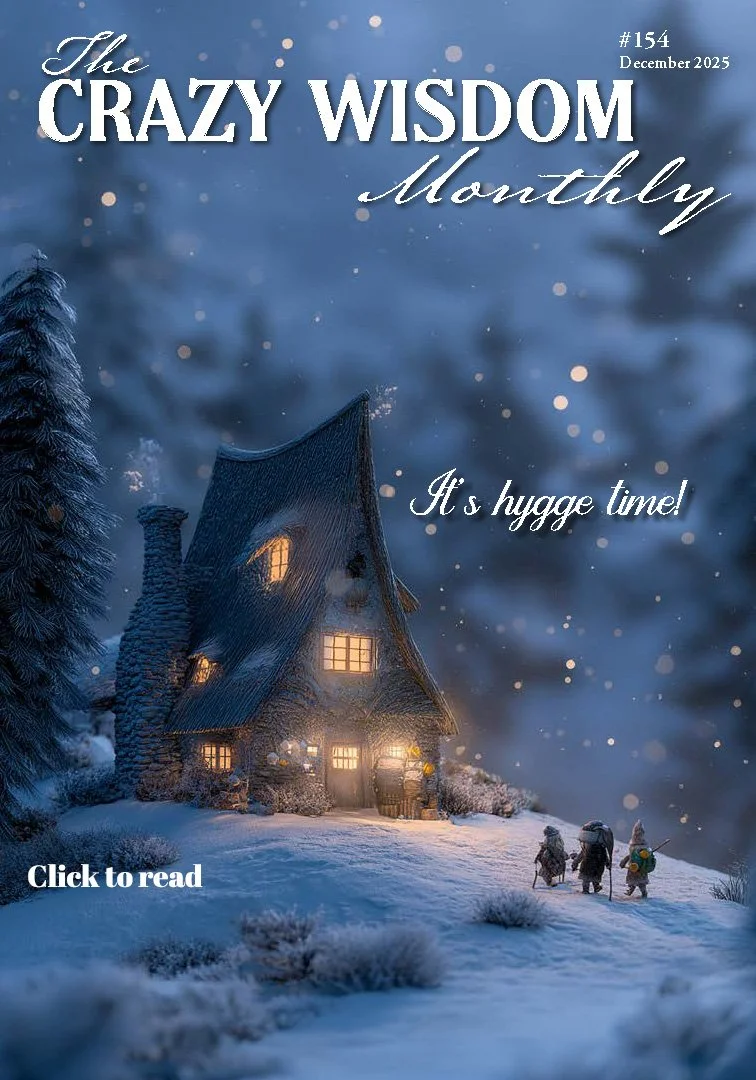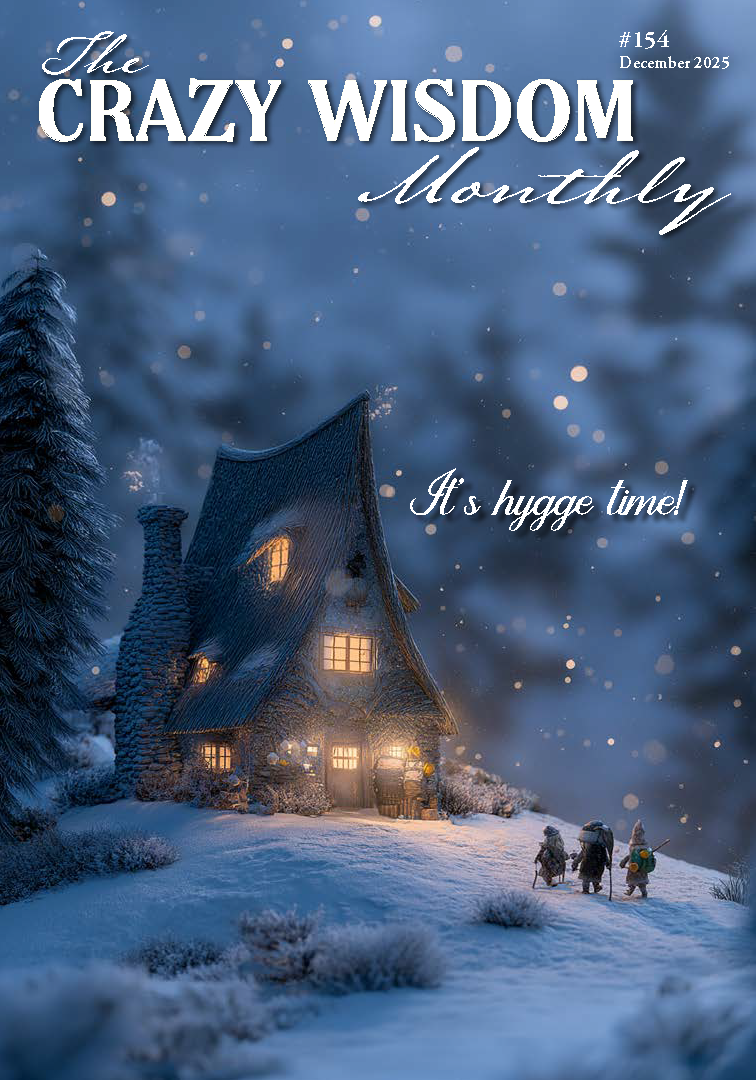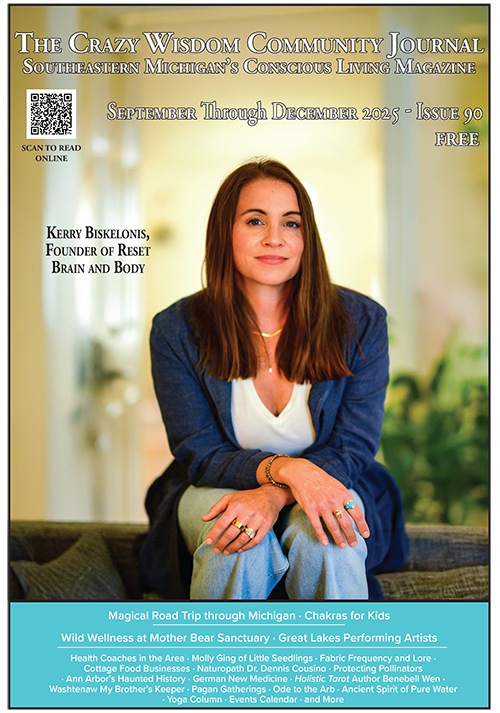By Brian O'Donnell
I want to say more about what it takes to access this “inner doctor,” which can wisely guide us in whatever health crisis may come our way. In my last blog entry, I spoke about re-framing the issue from one of seeing the health crisis as an enemy to one of seeing it as an ally. In this perspective, I was pointing out a conceptual shift.
Today, I want to address the energetic or emotional dynamics and shifts that foster the emergence of the “inner doctor.” Basically, it’s how we meet fear. Learning how to meet fear in a constructive way is the medical school curriculum for accessing this “inner doctor.” This, obviously, isn’t only applicable to health crises but to everyday threats to our apparent security. So what we can learn about ourselves in meeting health fears can serve all aspects of our life.
““What we can learn about ourselves in meeting health fears can serve all aspects of our life.””
Most of us have an unholy relationship to fear. We deny it, exaggerate it, project it, submit to it, revel in it, squash it…. Fear often elicits a contraction and a desire for control. We want to get on top of it, to rise above it, and to manipulate it. Cramping seems a better course than imagined annihilation, if we were to dare feel it. There are two basic energetic forms of manipulation or control that all of us use to defend from any undesirable feeling. One is to restrict the feeling. We attempt to control by squeezing the life out of it. The other maneuver is to amplify the pain, to make it larger than it is. We dramatize the pain or feeling as an attempt to force life, God, or the other to submit to our will. Our real task is to observe the emotional manipulations and to begin to allow the spontaneous flow of fear (or any feeling).
Fear calls for a sense of safety, yet true security is nakedness to the moment, not some constructed edifice of protection. We don't need protection from real feelings. Fear, sadness, anger — any expression of real feeling — cannot harm us. What truly harms us is our defending against pain, vulnerability, and helplessness.
““Do we see life in its ultimate nature as chaotic, destructive, or evil? Or do we possess a sense of life as wholesome, trustworthy, and loving?””
To meet fear without defense or obstruction gets to the heart of our fundamental view of life. Do we see life in its ultimate nature as chaotic, destructive, or evil? Or do we possess a sense of life as wholesome, trustworthy, and loving? This is where our spiritual orientation shapes our basic response to life. My experience is that evil or destructiveness does exist on the relative plane of reality and that it is a function of resistance to pain and suffering. So to the extent we can allow all feeling — undesirable and desirable — without repression or exaggeration — we can enter the consulting room of the wise “inner doctor.” We also get a taste of heaven on earth.
I end with a quote from one of my teachers - the Pathwork.
“Through the gateway of feeling your weakness lies your strength;
through the gateway of feeling your pain lies your pleasure and joy;
through the gateway of feeling your fear lies your security and safety;
through the gateway of feeling your loneliness lies your capacity to have fulfillment, love, and companionship;
through the gateway of feeling your hate lies your capacity to love;
through the gateway of feeling your hopelessness lies your true and justified hope; through the gateway of accepting the lacks of your childhood lies your fulfillment now.”
— Pathwork lecture #190 ; © Pathwork Foundation
Brian O’Donnell, Ph.D., is a psychotherapist in private practice in Ann Arbor. He also teaches the Pathwork, a contemporary spiritual course of self development. (He was interviewed about his work in the January thru April 1997 issue of the Crazy Wisdom Community Journal, available at the bookstore.)



































































































































































































We have all experienced how the work environment has changed over the last fourteen plus months. Things that would have taken us 5 to 10 years to set in motion have accelerated, virtually overnight. Our ability to connect with others all over the globe has been transformed with the click of a single button. The ability to make a living through technology has made more progress in these last few years than the last 100. Our world has changed in the blink of an eye.